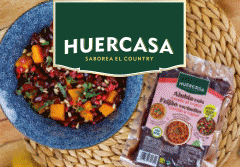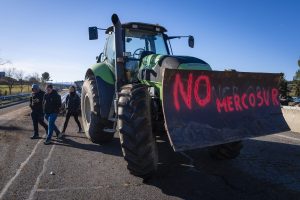The new law places responsibility squarely on restaurants, supermarkets, and packing centers, which will now be required to implement certain measures to prevent and reduce food loss. But it leaves out primary production the field, the origin, the farmers.
According to the government, this is a law rooted in social justice, environmental protection, and economic growth. That last point? Frankly, I don’t see it. Economic growth for whom? Certainly not for farmers.
Let me offer a few examples close, current, and all too real. After the March rains, 80% of Valencia’s onion crop was lost due to the lack of active substances to combat mildew. Kaki growers are now battling five simultaneous pests the latest of which has only just appeared. Researchers are racing to find solutions, but so far, there’s no truly effective treatment. Field losses often reach 30% of total fruit production.
A third example, featured in this issue’s Potato Special, is the Mallorcan early potato crop valued for its earliness and quality now reduced by 10% due to the same problem. The sector is at breaking point and urgently needs effective treatments to continue operating not just in the Balearics, but across the peninsula.
The same issues are hitting Almeria’s peppers and watermelons. And these examples are just the tip of the iceberg.
What sense does it make to pass laws against food waste while simultaneously restricting the phytosanitary tools that prevent even greater losses? Is it logical to ban safe, proven products without offering alternatives?
At this stage, one thing is clear: farmers are more vulnerable than ever. In many cases, all they can do is request emergency authorizations for phytosanitary use—and even then, approval is far from guaranteed. Beyond that, all that remains is their right to raise their voices.



















